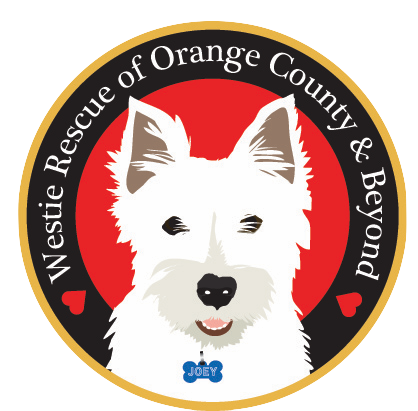
Pets & Disaster
Be Prepared
Before a Disaster:
Emergency Kit: Assemble a pet emergency kit for home and a smaller one for your car. Use a small plastic tub with a tight lid. Include:
- 2-week supply of food and water (refresh every 6 months)
- Labeled carrier for each pet with contact info
- Manual can opener, comb/brush, nail clippers, styptic powder
- Veterinary records, proof of ownership (in waterproof holder)
- Muzzle/gauze, cotton swabs, towels, blanket
- First aid supplies: wound disinfectant, antibiotic ointment, eye wash, Benadryl, ear cleaner
- ID tags, microchip info, medications (with dosage instructions)
- No-spill dishes, pet first aid book, two photos of you with your pet
- Leash, collar, poop bags, toys, treats
- Keep an emergency collar/leash by your bedside for quick access
Disaster Plan:
Create and practice an evacuation plan. Never leave pets behind.
- Confirm pet-friendly boarding facilities and their requirements.
- Ensure vaccinations (especially rabies) are current.
- For apartments, register pets with management.
- Arrange for a trusted person to take your pet if you’re away during a disaster.
- Place pet alert stickers on doors.
- Consult your vet about their disaster plan.
Emergency Contacts:
Save “I.C.E” numbers in phones for Fire, Police, Ambulance, Animal Shelter, Poison Control.
- List local/out-of-area vets, pet-friendly hotels, and boarding facilities.
- Prepare a family contact sheet with key contacts, including an out-of-town contact.
- Set a family meeting place in and out of town.
- Subscribe to local emergency alert services.


